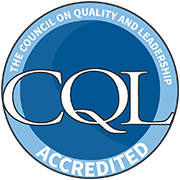The Disability Community Must Once Again Show #WeAreEssential
By: Nicole Jorwic, Senior Director of Public Policy, The Arc
After being all but ignored in the first three legislative packages that Congress has passed to address the COVID-19 pandemic, the disability community must rise up. We are once again fighting for our lives in Congressional negotiations—this time during a global pandemic. And the outcome will impact the services people with disabilities rely on, severely strain systems that provide those services, and may close down service providers all over the country that support people with disabilities to live the lives they choose.
This is far from the first time in my five years in Washington, DC, that I have watched Congress overlook the disability community. In 2017, the year Congress tried again and again to cut funding to Medicaid, a program that people with disabilities rely on for supports and services, we made them pay attention. But it took people with disabilities and their families coming forward to share their most personal stories, and some literally putting their bodies on the line, to show Congress that Medicaid means life and death. Together we were strong enough to hold off the full repeal of the Affordable Care Act, protect the integrity of the Medicaid program, and show the power of our community.
And, again, it seems the issues that matter to the disability community are being ignored. Our chapter network is on the front line of this pandemic: some of the people with disabilities they serve have passed away from COVID-19, and others don’t have the supplies for staff to safely serve or quarantine. The direct support professional, or DSP, staff often help people with disabilities with very personal tasks that can’t be done from six feet away, yet the personal protective equipment (PPE) necessary to do these tasks safely is scarce. And in the coming weeks and months, we know that some service providers will be forced to close, leaving families like mine with nowhere to go.
But the fight to save Medicaid in 2017 showed that when we band together as one voice, we can make things happen.
Despite the magnitude of what we are facing as a country, this is the time we must once again share our stories. We must demand that Congress address the needs of the disability community in legislation to combat COVID-19.
Here is what Congress MUST do to support the disability community:
- Funding for a Medicaid grant program to support access to home and community-based services (to minimize the risk of people with disabilities being forced into institutions) and to support the DSP workforce. Congress should pass the Coronavirus Relief for Seniors and People with Disabilities Act.
- Personal protective equipment (PPE) for direct support professionals. This is urgently needed to protect the health and safety of this critical workforce. Direct support professionals must be designated as essential workforce so that they have access to the PPE and medical supplies they need.
- Paid leave for caregivers. As more people with disabilities lose their usual sources of care, family caregivers are scrambling and need access to paid leave and sick days to help their loved ones. Congress should include all family caregivers in the emergency paid leave provisions.
- Help for people on Supplemental Security Income (SSI) to access Recovery Rebates. People with disabilities on SSI are being asked to file needless paperwork in order to access economic stimulus payments. Congress should tell Federal agencies to use their existing authority to share data and file for people on SSI.
The asks of the disability community around this crisis are simple: recognize that whether it is individuals with disabilities, their family members, or the DSP workforce, #WeAreEssential.









